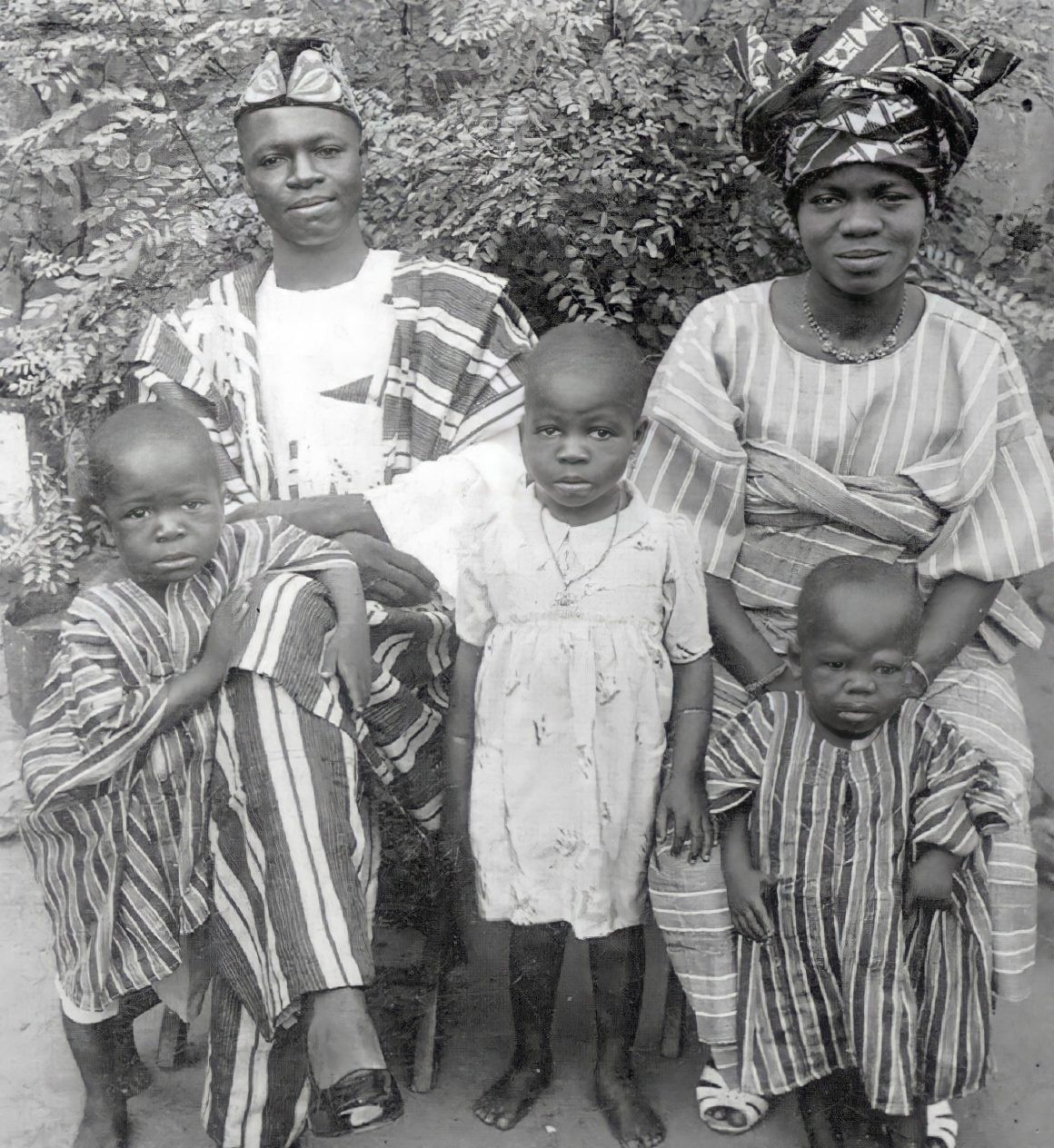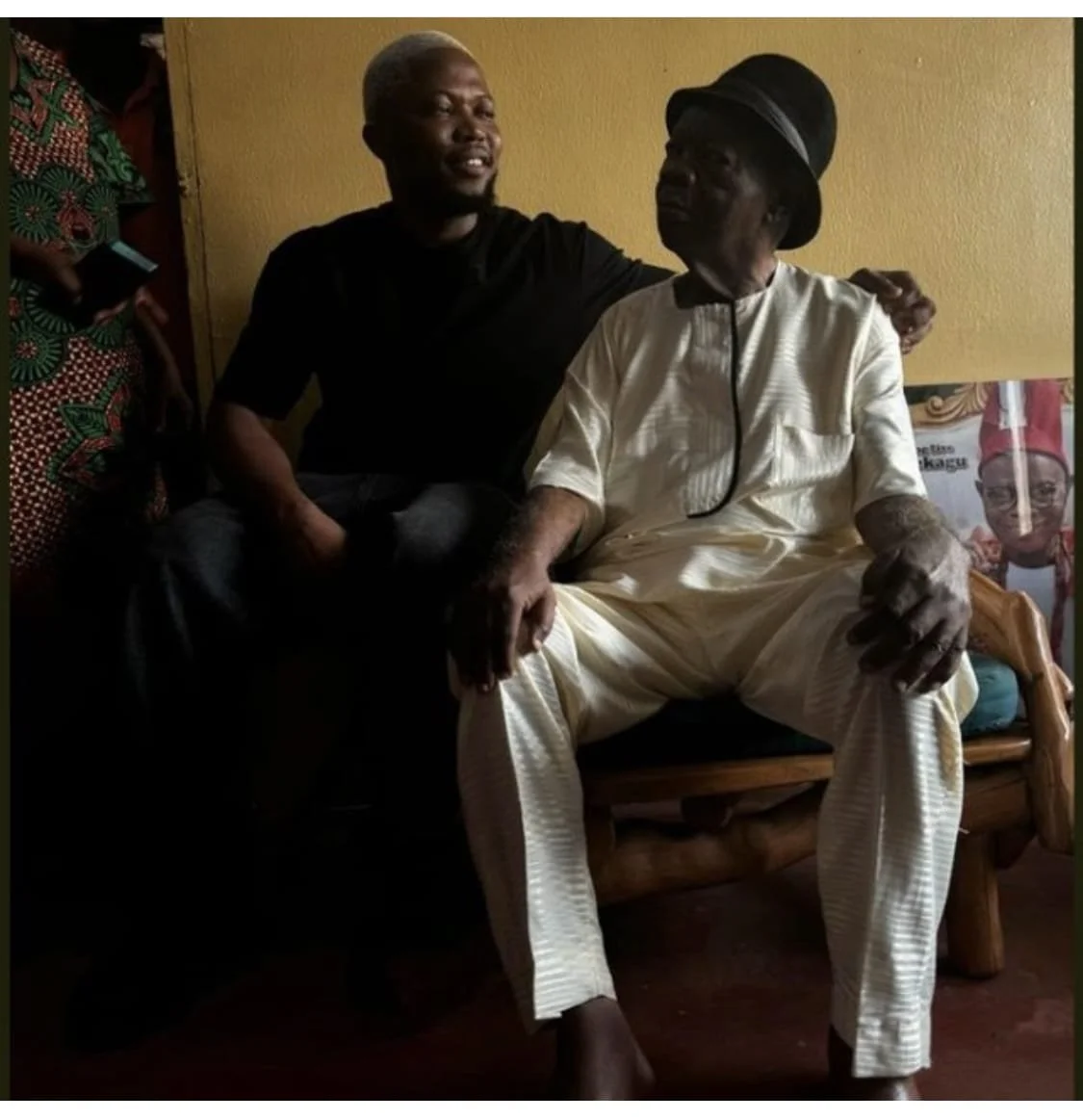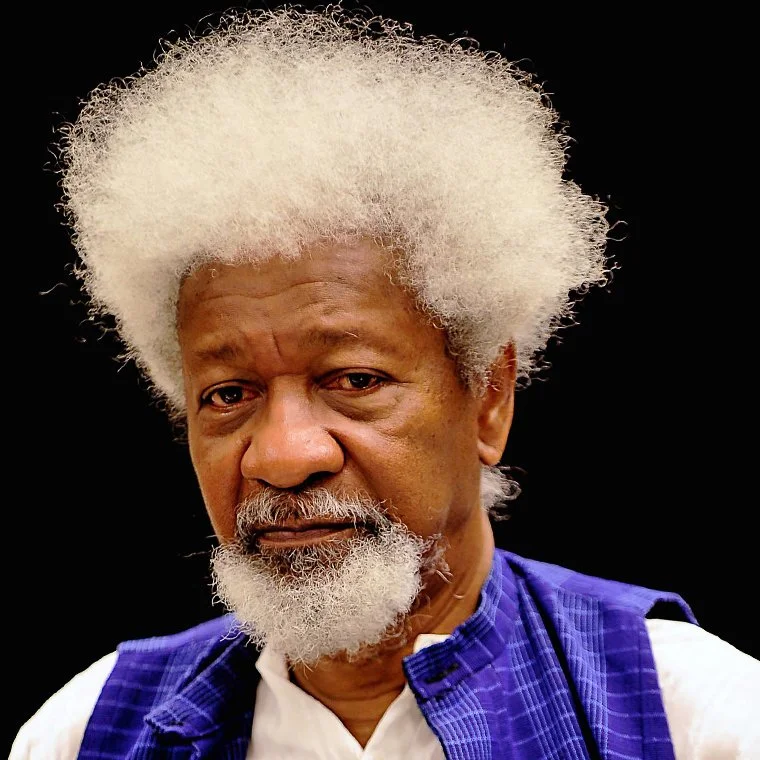Soyinka! 90 Years And Counting
The Man, The Rebel, The Legend
Wole Soyinka, the towering figure of African literature, has turned 90. It’s a milestone that not only marks the longevity of a man but also the enduring influence of a cultural icon whose work has shaped the landscape of global literature and activism. Born Akinwande Oluwole Babatunde Soyinka on July 13, 1934, in Abeokuta, Nigeria, Soyinka’s life is a testament to the power of words and the unyielding spirit of a man dedicated to truth and justice.
Early Life and Influences
Soyinka was born into a family with rich Yoruba culture and British colonial influence. His father, Samuel Ayodele Soyinka, was an Anglican minister and headmaster, while his mother, Grace Eniola Soyinka, was a shopkeeper and a political activist. This dual heritage provided Soyinka with a unique perspective that would later permeate his work. Raised in a household where traditional Yoruba beliefs coexisted with Christian teachings, Soyinka experienced a blend of religious and cultural narratives that enriched his worldview.
His education began at St. Peter’s Primary School in Abeokuta and continued at Abeokuta Grammar School. It was during these formative years that his literary talents began to shine. He excelled in literary composition, winning several prizes. This early recognition was a precursor to the illustrious career that lay ahead.
Academic Pursuits and Literary Beginnings
Soyinka’s academic journey took him to Government College in Ibadan, one of Nigeria’s most prestigious secondary schools. From there, he moved to University College Ibadan, where he studied English literature, Greek, and Western history. His literary career took off in earnest during his time at university, with the writing and broadcast of his first radio play, “Keffi’s Birthday Treat,” in 1954.
In 1954, Soyinka relocated to England to further his studies at the University of Leeds. Under the mentorship of renowned literary scholar Wilson Knight, Soyinka honed his craft, blending European theatrical traditions with his Yoruba cultural heritage. This synthesis became a hallmark of his work, evident in his early plays such as The Swamp Dwellers and The Lion and the Jewel.
The Pyrates Confraternity and Early Activism
While at the University College Ibadan, Soyinka and six others founded the Pyrates Confraternity, an anti-corruption and justice-seeking student organisation. This group, the first confraternity in Nigeria, reflected Soyinka’s early commitment to social justice, a theme that would persist throughout his life.
Soyinka’s return to Nigeria in the late 1950s marked the beginning of a prolific period of writing and activism. He received a Rockefeller Research Fellowship and produced works criticising the political elite and the post-colonial government’s failures. His biting satire, A Dance of The Forests, was chosen as the official play for Nigerian Independence Day in 1960, underscoring his role as a critical voice in the new nation.
Political Turmoil and Imprisonment
The political climate in Nigeria during the 1960s was turbulent, with coups and civil unrest shaping the nation’s history. Soyinka’s activism often put him at odds with the government. In 1965, he was arrested for allegedly holding up a radio station to broadcast a message denouncing electoral malpractice. Though the charges were later dropped, this incident marked the beginning of his contentious relationship with Nigerian authorities.
During the Nigerian Civil War (1967-1970), Soyinka attempted to broker peace between the warring factions. His efforts led to his arrest and imprisonment for 22 months, much of it spent in solitary confinement. Despite the harsh conditions, Soyinka continued to write, producing a significant body of work that included poems and essays critiquing the Nigerian government. His experiences during this period were later documented in his memoir, The Man Died: Prison Notes.
Nobel Laureate and Global Recognition
In 1986, Soyinka became the first African to be awarded the Nobel Prize in Literature. The Nobel Committee praised him as one “who in a wide cultural perspective and with poetic overtones fashions the drama of existence.” This accolade cemented Soyinka’s status as a global literary figure and brought wider attention to African literature.
Soyinka’s acceptance speech, “This Past Must Address Its Present,” was a powerful indictment of apartheid and a call for justice, reflecting his lifelong commitment to human rights. Throughout his career, Soyinka’s works have addressed themes of oppression, tyranny, and the struggle for freedom, making him a voice for the marginalised and oppressed.
Later Works and Continued Activism
Soyinka’s literary output has been prodigious, spanning plays, novels, poetry, and essays. His notable works include Death and the King’s Horseman, The Road, and Madmen and Specialists. Each of these works delves into the complexities of Nigerian society, exploring the intersections of tradition and modernity and the enduring impacts of colonialism.
In addition to his literary achievements, Soyinka has remained an active voice in political discourse. He has been a vocal critic of successive Nigerian governments, speaking out against corruption, human rights abuses, and the rise of religious extremism. His fearless advocacy for democracy and justice has often put him at odds with those in power, but it has also earned him respect and admiration globally.
Personal Life and Legacy
Soyinka’s personal life has been as complex and multifaceted as his professional career. He has been married three times and has children from his marriages. His first marriage was to British writer Barbara Dixon, with whom he had his first son. His subsequent marriages to Nigerian librarian Olaide Idowu and Folake Doherty brought more children into his life.
Despite personal and political challenges, Soyinka has continued to be a prolific writer and an influential public intellectual. His battle with prostate cancer, revealed in 2014, has not dimmed his spirit or his commitment to his work and activism.
Wole Soyinka’s Enduring Influence
Soyinka’s influence extends beyond the written word. He has been a mentor to generations of writers and activists, nurturing new voices and championing the cause of freedom and justice. The Wole Soyinka Annual Lecture Series, established in his honour, inspires dialogue and reflection on critical issues facing Nigeria and the world.
As he celebrates his 90th birthday, his legacy as a literary giant and a fearless advocate for justice is secure. His contributions to literature and his unwavering commitment to human rights have left an indelible mark on the world. His life and work remind us of the power of words to challenge, inspire, and transform societies.
Here’s to Wole Soyinka, a titan of literature and a true champion of humanity. Happy 90th birthday, Sir!








